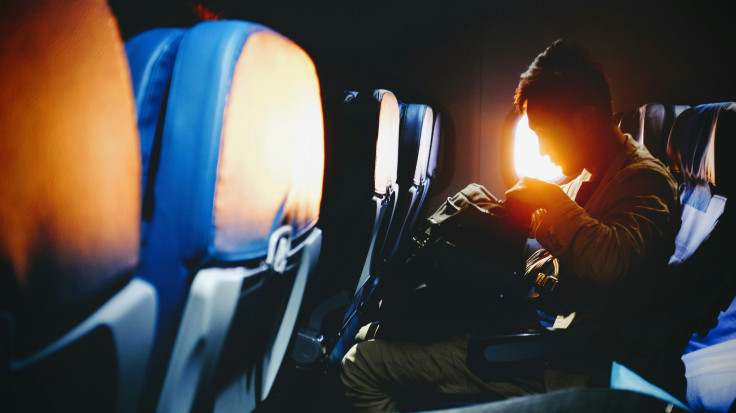
The U.S. government has implemented a new requirement for migrants without passports, mandating the use of facial recognition technology for those who board domestic flights.
The Transportation Security Administration has explained that the facial recognition technology will be used only for migrants without proper photo identification who want to board flights.
In order to verify their identity, the pictures will be compared to previous data using Department of Homeland Security records, the Associated Press reported.
"If TSA cannot match their identity to DHS records, they will also be denied entry into the secure areas of the airport and will be denied boarding," the agency said to AP on Tuesday.
This measure comes amid the ongoing migration crisis, which has become a focal point of public debate during the electoral year.
Agency officials from the TSA did not confirm to AP when the change was implemented. However, they did assure that it was "recent and not in response to a specific security threat," according to the news agency.
How Facial Recognition could affect Migrants?
Facial recognition might affect migrants in various ways, though there is not enough information yet to draw any conclusions. AP reported that several migrants with flights out of South Texas on Tuesday told advocacy groups that they thought they were being "turned away".
One concern for migrants is whether they might lose the hundreds of dollars spent on nonrefundable tickets if rejected due to the TSA's new procedures. According to AP, a group of migrants in a shelter in McAllen, the city with the highest proportion of Latinos in the U.S., reported being turned away at the airport on Tuesday.
"It caused a tremendous amount of distress for people," stated Rev. Brian Strassburger, the executive director of Del Camino Jesuit Border Ministries, a Texas-based organization offering humanitarian aid and advocacy for migrants.
Migrants along the United States-Mexico border are increasingly relying on airlines to travel to cities where they have family members, and where the Border Patrol often instructs them to go to pursue their immigration claims. If they are unable to reach these destinations, it could make obtaining a visa more difficult for them.
Texas is also one of the states with restrictive bans on abortion, leading many women to travel to Florida or other states to get one. This poses particular challenges for Latinas due to economic reasons and travel barriers. A study by the Institute of Labor Economics has shown that, in fact, Latinas are the most disproportionately affected demographic by the lack of access to abortion since the overturning of Roe v. Wade.
© 2025 Latin Times. All rights reserved. Do not reproduce without permission.





